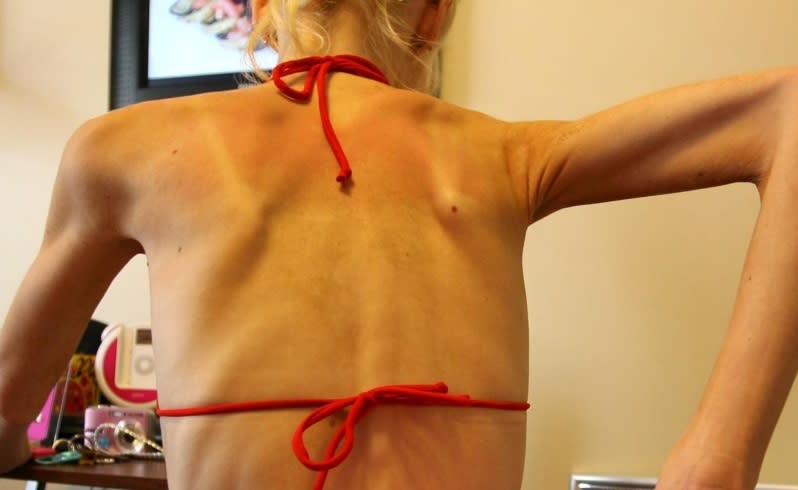World-first study into dieting genes

Young WA women are supplying their DNA for the world's biggest study into the genetic links of anorexia nervosa.
Researchers are trying to pinpoint genes that predispose people to the eating disorder, after finding that those affected are up to six times more likely to have a family history of the illness.
About 53,000 Australians have anorexia nervosa, many of them young women.
The Anorexia Nervosa Genetics Initiative is recruiting more than 13,000 people worldwide who have the condition or have recovered from it in the hope it could help with early detection and new treatments.
The Australian arm is led by the Brisbane-based QIMR Berghofer Medical Research Institute.
Volunteers complete a 10-minute online survey and provide a small blood sample.
Clinical psychologist Anthea Fursland, from the WA Health Department's Centre for Clinical Interventions, said researchers needed the big sample to tease out the specific genetic patterns that increased someone's risk.
"If someone is being bullied at school for being a bit chubby and they lose a little bit of weight, they might go on to become anorexic, while for other people with very perfectionist traits it's the need for control and certainty," Dr Fursland said.
"This study could help with early detection, because if someone is behaving a little strangely and you do a blood test and discover they have the anorexic gene pattern that could tell us we need to get the person into treatment."
Amy Leeder traces her illness back to her first diet at 14. Her aim to lose a bit of weight spiralled into a dangerous obsession that plagued her for 10 years and drove her weight down to 35kg.
"For a while I could control it but then it took on a life of its own, and my body actually became accustomed to not eating food," she said. Ms Leeder recognised she was a perfectionist who wanted to be in control. Now 32 and a counsellor, she says she is finally comfortable with her size.
Details at angi.qimr.edu.au

